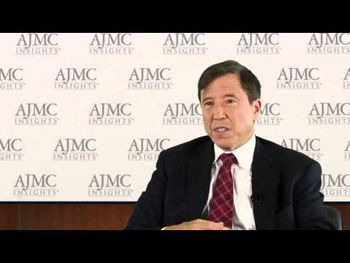
Policy
Latest News
CME Content


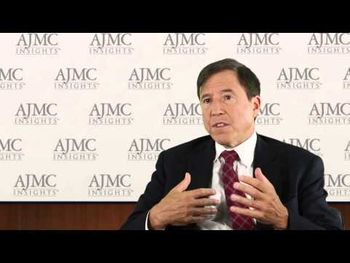
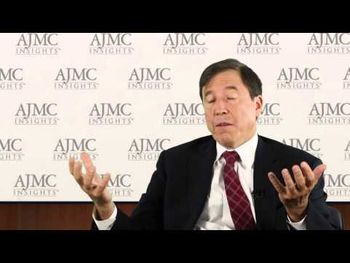



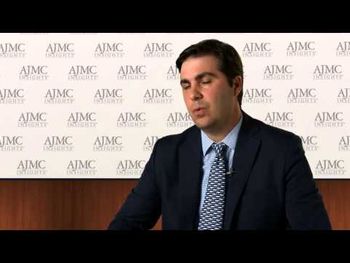
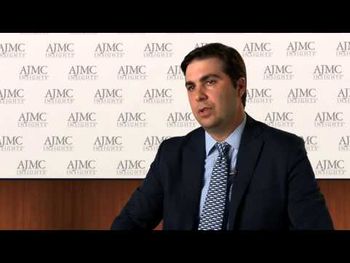
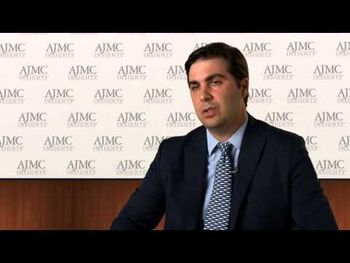

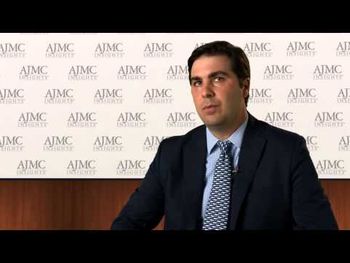







A discussion on meaningful measurement and driving greater value in healthcare, and the role of the National Quality Forum.

Karen Ignagni is stepping down as president and chief executive officer of America's Health Insurance Plans for a position with EmblemHealth in New York.

Use of specialist visits decreased by patients whose primary care physicians transformed their practices into patient-centered medical homes, 1 year after medical home implementation.

The authors examine 4 alternative payment models for oncology care that shift away from fee-for-service and move progressively toward greater bundling, either across providers or across payments.

The use of an 80% threshold or other binary cut point may be insufficient for characterizing the relationship between medication adherence and Medicare spending.

Venous thromboembolism during or after recent hospitalization for medical illness contributes a substantial economic burden to society across all hospital and ambulatory care delivered.

While the marketing of the first biosimilar to be approved in the US market, Zarxio, has been delayed due to a court order, the FDA is providing guidance to manufacturers to help them effectively navigate the process of product development.






